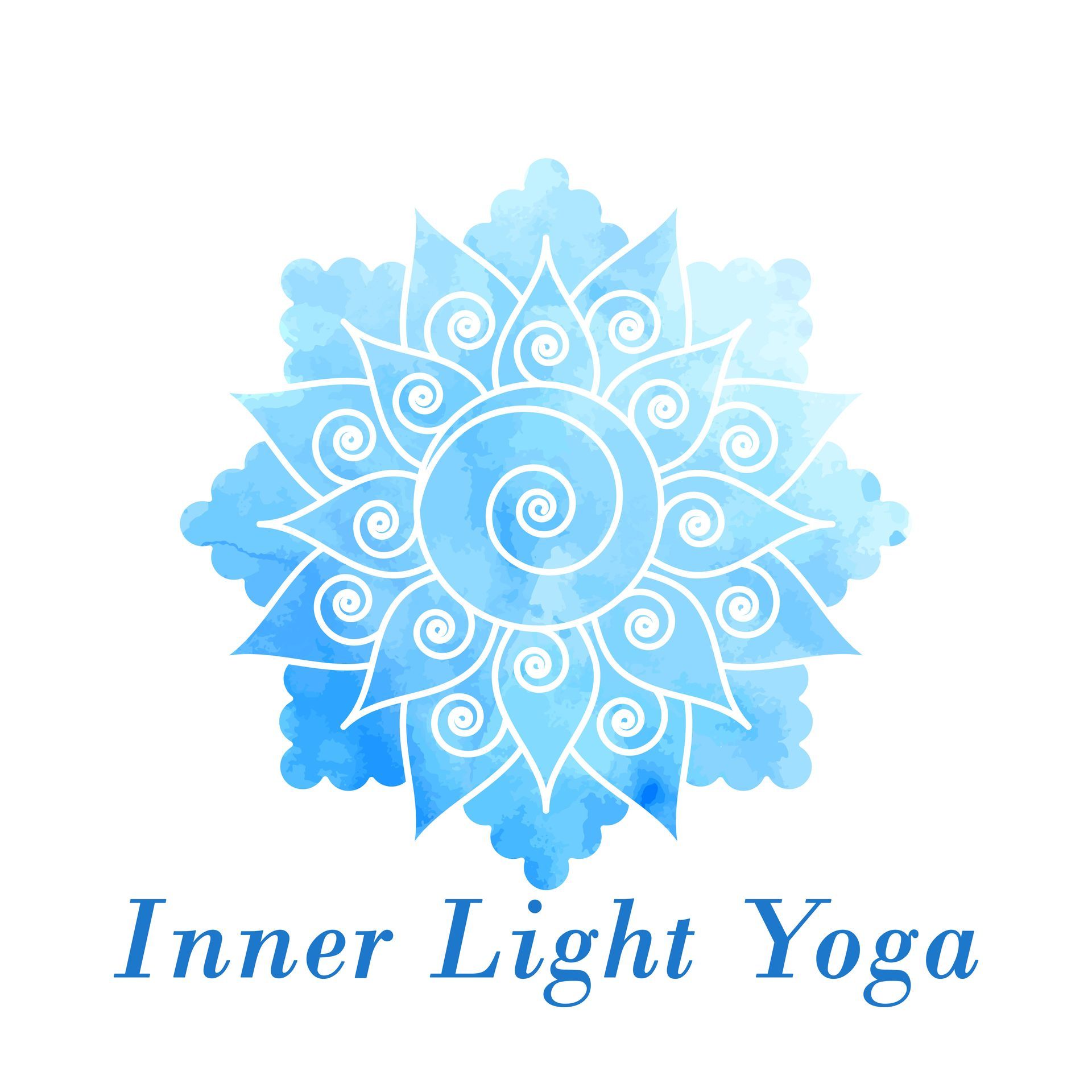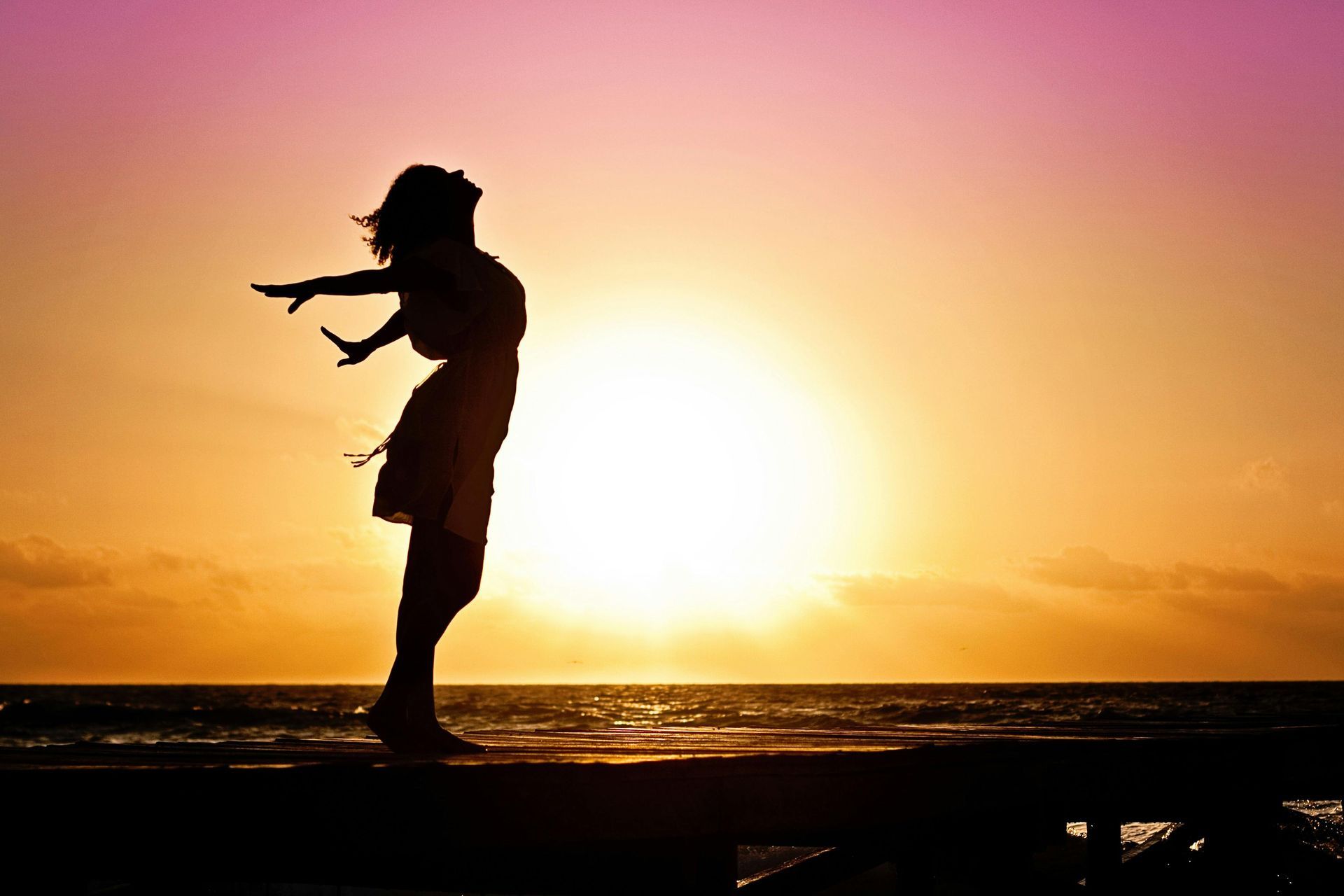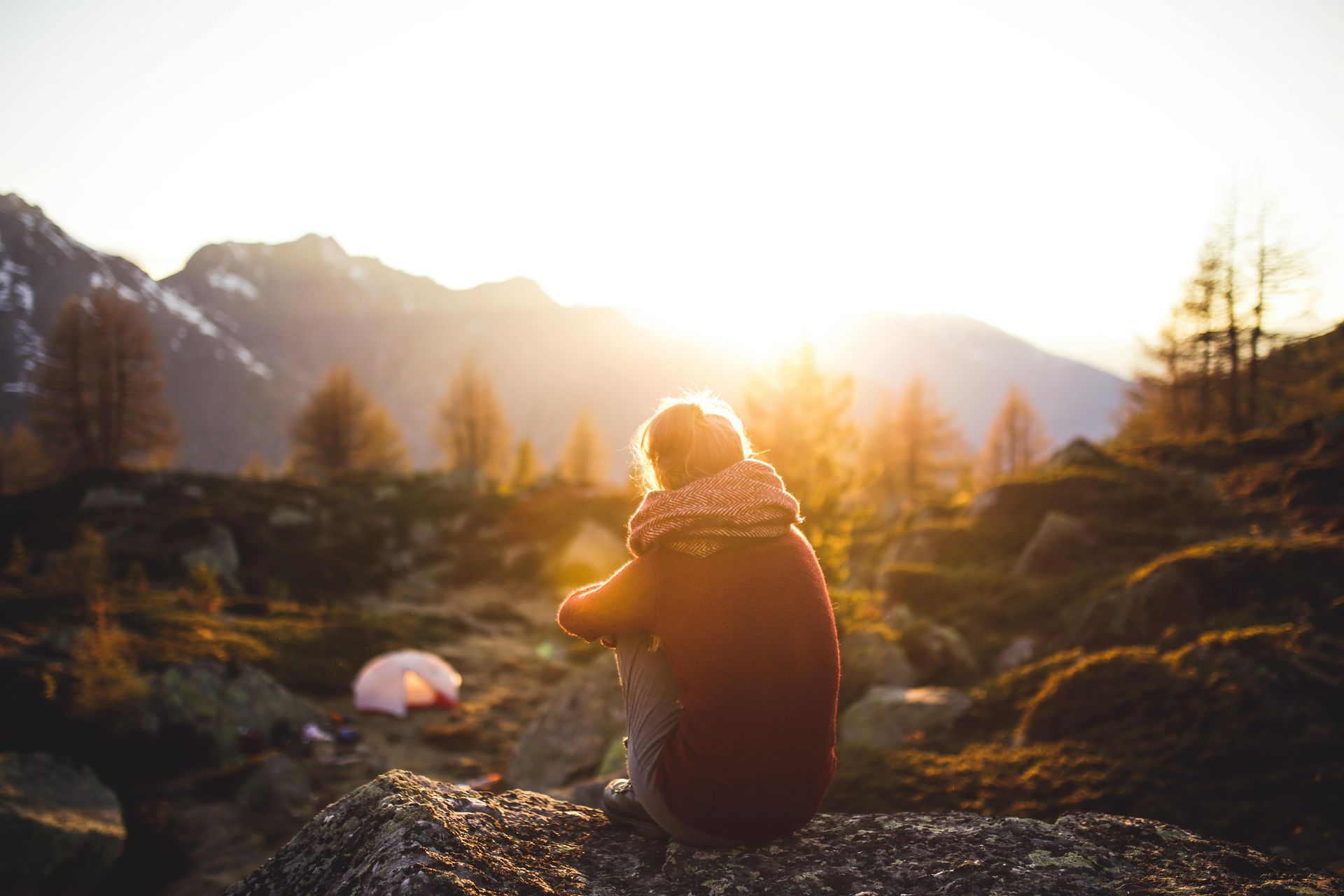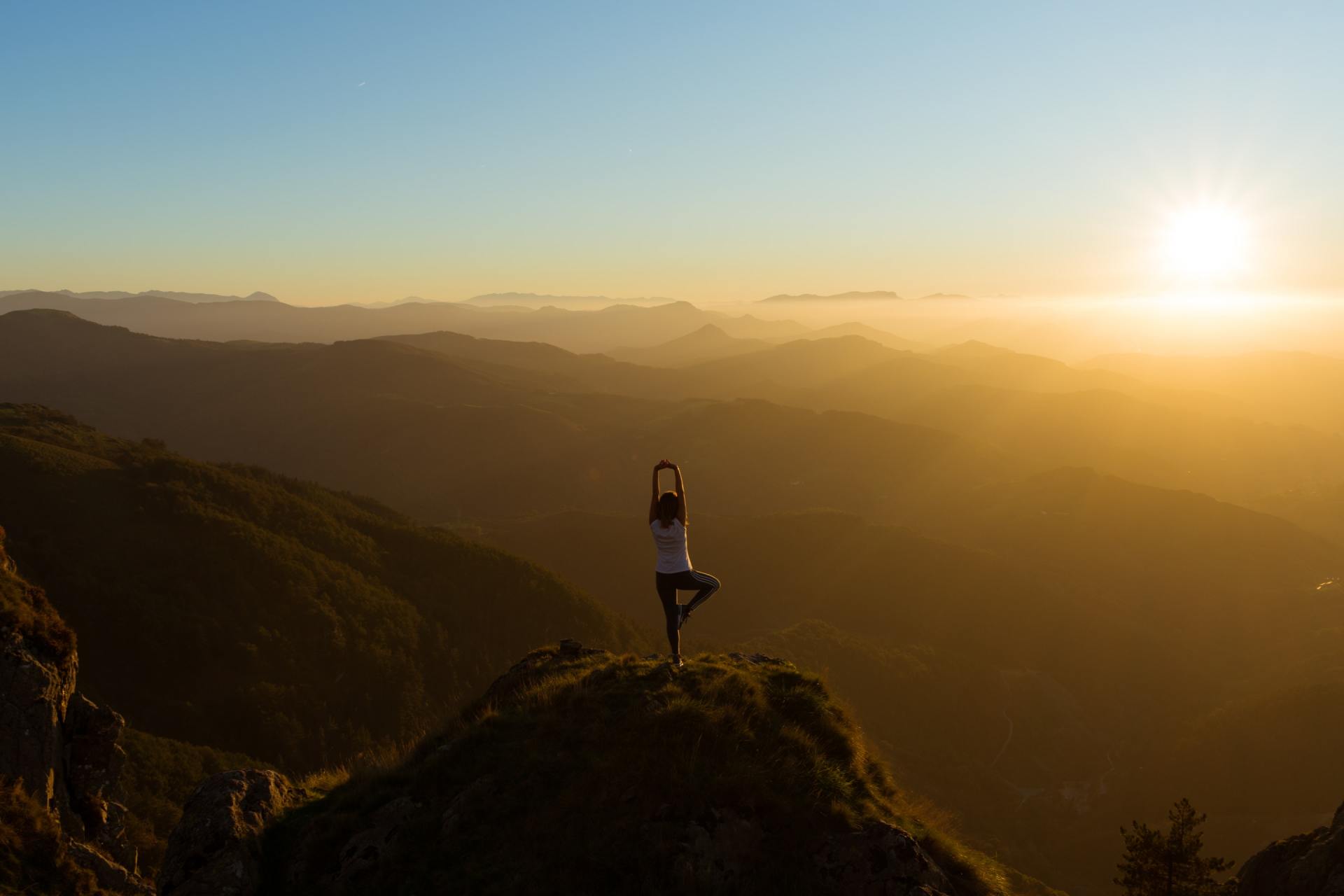Coping during difficult times
Rose-Marie Sorokin • May 23, 2020
Tips for finding inner peace

How are you? Are you coping well with being at home or are you struggling? At first it may seem ok or even great to spend all that time at home. No commuting! Sleep-ins? Yea! But then there may be moments of serious doubt, sadness, worry even panic. What is going to happen? How does my/our future look? There is no doubt that many of us are experiencing a roller-coaster of emotions, but instead of trying to fight those emotions, try to stay with them. Take the time you need. Breathe. Take time out (as I did). Celebrate the moments when you feel good. These are times like no others.
The Earth and the whole of humanity are going through a major, major shift. And nobody knows what is next or how this will develop. Everything is crumbling. Many of societies structures are now falling apart. But remember that the darkest hours are just before dawn. The light will come again. And all we can do is to go with it.
We know is that there is an awakening going on. A massive awakening! All 7.8 billion of us are going through this – and we didn’t ask for it. We protest, we resist, we just don’t want to know. We struggle and we feel the pain. And we ask over and over again, “what is going to happen (to me)”?
The first ten days of the ‘lock-down’ I was going through some major shifts. I had very powerful meditations that brought me to tears many times. I cried for humanity, the Earth and for all the suffering. And I cried for myself and my loved ones. For anyone who is ill with the virus and their loved ones. For ALL the suffering. But there was also visions of a future. A very different future. Hope. We can do this, together. And this shift is so very much bigger than we realise. There is no turning back. Ever. We and the whole world will be radically different after this. There is a light.
I think I might have subconsciously waited for this time my whole life. When humanity wakes up to the horrendous things that are going on in the world. The cruelty to humans and animals, the destruction of nature and the planet, the self-abuse and the selfishness that is widespread. The addiction to things, status, money, looks, travel, digital devises, junk food and meaningless activities. The shallowness and disrespect. It is as if the Earth said ‘Enough!’ and we all had to stop. Our freedom drastically restricted. A very, very hard lesson indeed.
I noticed almost immediately when the lock-down started that the air was very much cleaner. I went out in my garden in the morning and took some deep breaths. Wow! That felt so good. I looked up into the sky and it was blue and clear. The weather improved almost immediately. From having had almost constant rain for weeks and months, the sky cleared, and the sun showed itself. And in the absence of traffic I could hear the birds and there were so many of them. They seemed to love the clean air as well. On my walk along the river I noticed that the water had another colour, from always being brown it was now a green tone and very clear. I also noticed how crystal clear the water was in the streams. And it was almost as if I could hear nature whispering ‘thank you’.
After my first strong and emotional shifts, I felt elated. I felt light and happy as if something had opened up. And after that I got very, very tired. It was as if I could not get enough sleep. I went to be early and woke up late, not wanting to get out of bed in the morning. Yet again, I felt as if I had to slow down for a while. Take a step back and respect the fact that I needed a lot of rest. So, I did. There is no point trying to fight your body or mind when it clearly says that it is time to slow down. I took more time to meditate, did some very gentle yoga and did lots of reading and resting. I found myself thinking that I should use the lockdown time to do ‘useful’ things such as catching up on paperwork, re-designing my website, write that book etc. I did none of that. I am in the middle of writing my second book but right now I have no desire to write it. Some may call it writers block, but I think it is about timing. This is not the time to write that book. It may be the right time later, but not now.
I am now in a phase of less strong emotional shifts, but I do notice that my mood is going up and down quickly. I am very happy one minute and sad the next. This can go on for a few days and then I feel more ‘normal’ again. All we can do is to just flow with this. I think it is something we just have to accept. And it is far better to stay with our feelings than to suppress them.
This will pass and we will come out the other end – changed. Absolutely changed in some way. We do not yet know how we will have changed but it is important to stay open to all possibilities. We can take some time to contemplate what this may mean to us but at the same time just let go and trust that everything will be fine.
So here are my top tips for coping during difficult times.
1. Slow down. Don’t stress yourself out because you don’t think you are using the lockdown time in the best way.
2. Practice radical self-care. Now is the time to take really good care of yourself. Take time to meditate, exercise and eat well.
3. Contemplate. This is different from meditation or mindfulness. In contemplation we listen to the wisdom that is already within us. We find pauses during our day to contemplate. We stop and we listen to nature, our body, our intuition, our heart, our soul and deeper mind. Not the overactive mind but that part of ourselves beyond the mind. From a point of contemplation, we respond more clearly and calmly to everything around us.
4. Trust. Stop trying to figure things out. Just relax and trust.
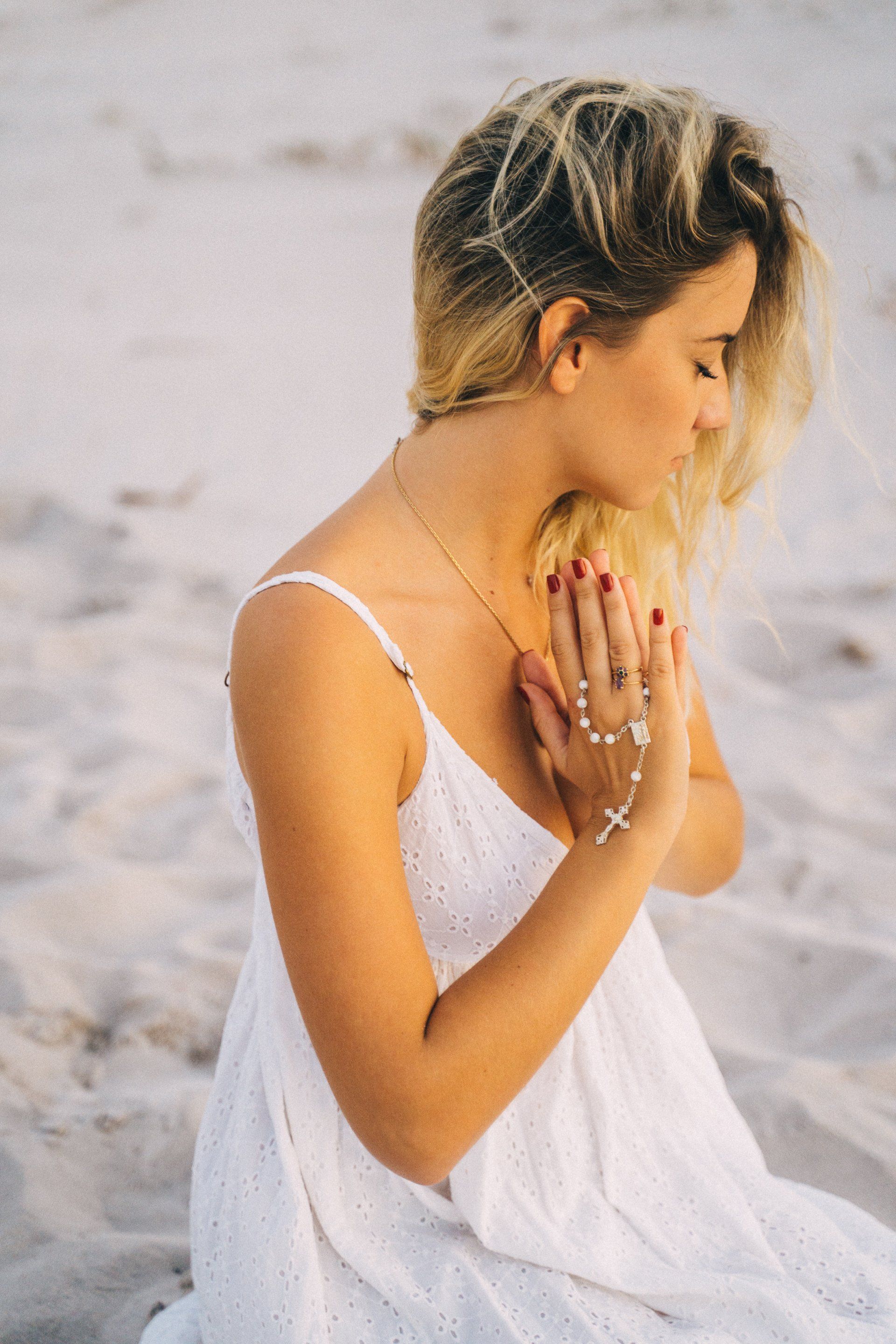
Learning how to trust yourself is one of the most important things you can do to create the life you want. Everyone has an internal compass, and following it is always the best path to long-term happiness. Yet, many people are conditioned to NOT trust themselves. Why? This blog post is all about staying true to yourself, in an unpredictable world where you’re surrounded by other people’s opinions and demands. It’s about developing self-compassion when things are not going your way and you experience setbacks. When you want to learn how to trust yourself, it starts with looking inward. It’s not selfish to pursue your desires and to look after yourself — it’s essential for a fulfilling life. Self-trust means consistently staying true to yourself. At its very core, trusting yourself means you look after your own needs and safety. You treat yourself with love and compassion, rather than strive for perfection. You know, deep down, that you can survive difficulties (and you refuse to give up on yourself). Here’s what self-trust looks like to me: • Awareness of your thoughts and feelings • Expressing yourself openly and honestly • Sticking to personal standards, ethics, and core values • Knowing when you need to take care of yourself first • Confidence that you can get through difficult times • Pursuing your dreams, without letting others stop you If you have trouble with self-trust, you are not alone. Most of us grew up with some form of limiting beliefs. If your parents let you get away with too much, or regularly tried to fix your problems, you may have difficulty handling responsibilities as an adult. You may feel helpless in the face of challenges or give up when things become too difficult. If you grew up hearing a victim mentality, you may be conditioned to believe that life’s circumstances are out of your control. Another common reason for not trusting yourself is past shaming or punishment. You’ve heard the phrase, “Children should be seen and not heard.” If you were routinely punished for expressing your needs as a child, you can continue to carry guilt, shame, or fear as you get older. On a grander scale, family, community, and society put pressure on who you should be. It can feel uncomfortable, even dangerous, to fully express yourself. You wear a mask and put on a performance. Here’s what a lack of self-trust looks like: • Feeling like you are not good enough. • Coming down hard on yourself when criticized, feeling guilty and ashamed. • Difficulty making decisions and constantly asking others for guidance. • Being afraid of making the wrong choice or disappointing others. • Following the advice of an external authority, even when it’s harmful to you. • Hiding your authentic self, feeling overly self-conscious. When you don’t trust yourself, you end up going in many different directions. Your actions don’t always line up with what matters to you. A discord can develop between who you are and how you act. That’s when you know you need to take back control of your life and learn how to trust yourself again. How to trust yourself again: 8 strategies to gain self-confidence Self-trust means empowering yourself, sticking to your principles, and showing up fully for yourself and others. When you follow through with these actions over time, you will learn how to trust in yourself—and invite others to do the same. 1. Start with self-compassion Everyone has an internal dialogue. Sometimes your inner voice tells you that your vision or dreams are stupid or unattainable. When you make a mistake, say or do something you regret, the inner voice typically has a lot to say — none of it kind or helpful. It’s time to transform your inner critic into a compassionate friend. When you hear yourself in a cycle of self-doubt and criticism, take a moment to respond, like you would with a good friend. Try practicing mindful self-compassion. When you notice yourself thinking, “I don’t trust myself, I’m afraid I’ll get it wrong again,” respond with, “Yes, this is hard, what can I do to handle this?” Be kind to yourself. 2. Give yourself permission If you don’t trust yourself to make a big decision start small. Give yourself permission to do something just for you, every day. True confidence comes from feeling genuinely good about yourself. Until you get there, find ways to value yourself, even if you don’t feel that way just yet. 3. Embrace vulnerability In her Ted Talk, Listening to Shame, psychologist and researcher Brene Brown says that people often look at vulnerability as a sign of weakness. But when you hide your vulnerabilities, you’ll never let anyone know the real you. She suggests reframing vulnerability. Look at it as an act of bravery, rather than an imperfection. When you allow yourself to be vulnerable, you let your guard down. You give other people the signal that they can let their guard down too. Being authentic and showing vulnerability builds strong relationships and true connections. As social creatures, we need that sense of connection to feel secure and confident. When you feel insecure in social situations, remind yourself that it’s okay to be you. Take baby steps and risk getting vulnerable. Over time, you’ll learn how to trust yourself again and those feelings of insecurity will start to disappear. 4. Set personal boundaries How to establish personal boundaries: 1. Practice self-awareness: Define your needs, likes, and dislikes. What do you feel comfortable with? What scares or upsets you? What situations in your life impact those emotional triggers? 2. Recognize that your needs matter. 3. Clearly communicate your needs with others. 4. Be assertive. Try to use “I” statements, rather than place blame on others. 5. Remember that you are in charge of yourself and can walk away at any time. 5. Listen to your thoughts When you want to get to know yourself better, look inward. Spending time alone gives you the space to listen to your thoughts and emotions. Activities like long walks, meditation, and swimming give you a chance to listen to what’s going on in your head. You may notice feelings of self-doubt that you need to address. If you have trouble being alone, turn that time into an opportunity to treat yourself. A day of pampering, treating yourself to something nice, a massage, a hot bath, a little gift — consistently treat yourself just for the sake of it. Do the things that make you feel good. 6. Express your authentic self When you can’t trust yourself, you say things you think other people will like. Rather than making decisions based on your needs, you allow external factors to control your life. You keep your voice down rather than expressing your opinion. This prevents others from knowing the real you. It makes sense to hide parts of yourself, out of fear of rejection or criticism. You hide yourself because you feel insecure. You don’t want someone to see you vulnerable. You don’t want to admit when you’ve made a mistake. But putting on a false exterior makes it hard to trust yourself. Authenticity is an important part of self-trust and developing long lasting relationships. The more authentic you can be, the more you’ll learn about yourself – and the more others will learn about you too. Let go of the idea that everyone is supposed to like you. Stay true to who you are. 7. Know what truly matters to you An inner conflict happens when you don’t understand your most important principles. Outside influences pull you in all sorts of directions. You wind up making decisions based on other people’s opinions, rather than listening to your own. When you examine beliefs and values, you can start matching your actions with your beliefs. You have a clear sense of who you are. You know when to say “yes” and when to walk away. Over time, you start to trust yourself more. 8. Trust your intuition Overthinking can get in the way of trusting yourself and listen to your heart. This can lead to internal conflict and anxiety. Sometimes you need to get out of your head, and listen to your heart. That means listening to what your body has to say about a situation. Instead of asking what you think, what do you feel? Healing starts with feeling. Your body offers an emotional intelligence, guiding you each and every day. When you suppress your true feelings, that can come up in unhealthy ways. You may vent your anger or sadness through self-destructive behavior. Take the time to listen to what your heart and your body, through practices like meditation. You don’t have to process every emotion in one sitting. But over time, you’ll learn to tune into your body more and trust your gut feeling when making decisions.
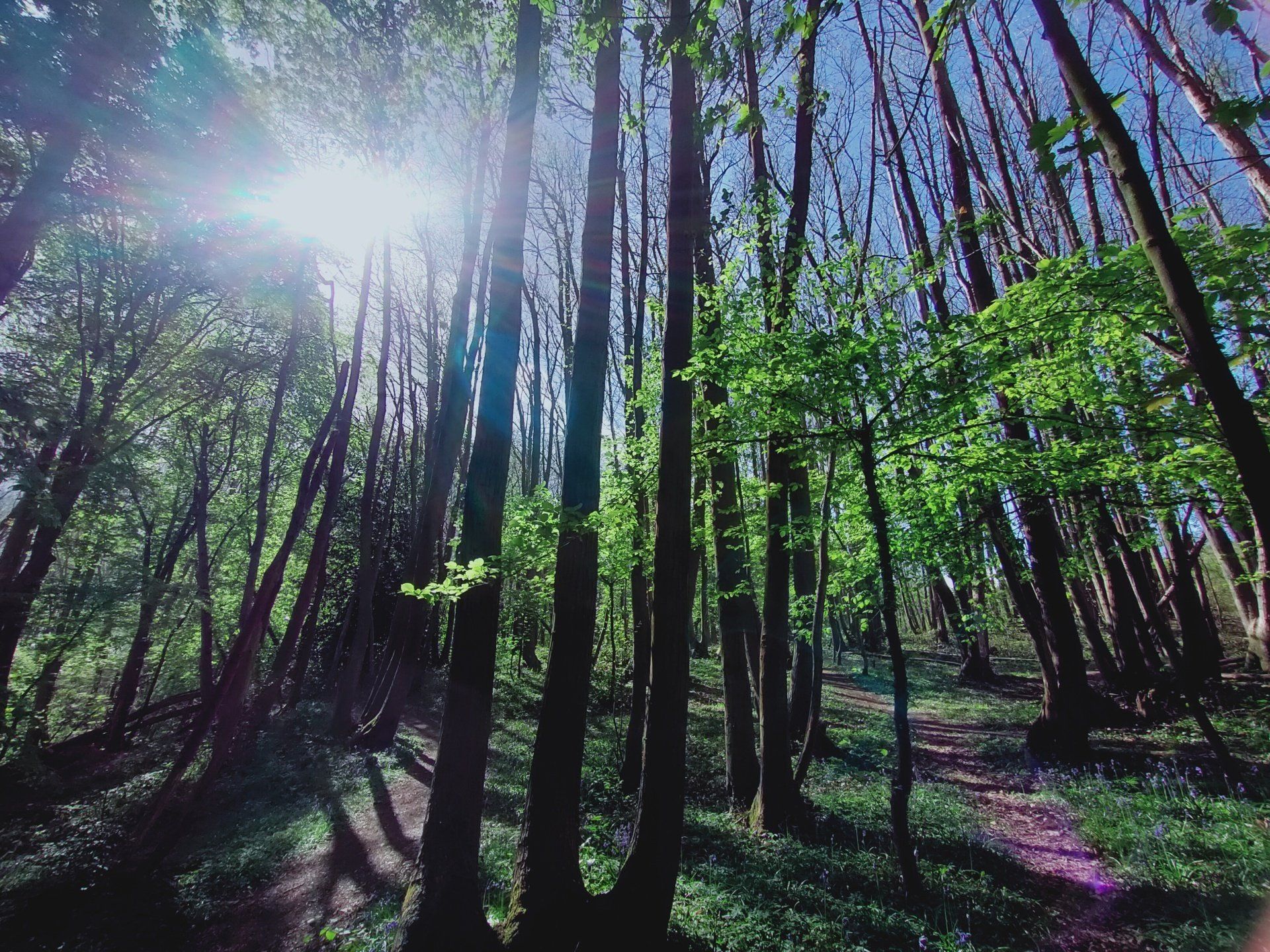
How Nature Supports Our Mental and physical Health Trees provide breathable air, timber, fuel, food, shelter, medicine and beauty. Without trees, we could not live. They can help us think better — Plato and Aristotle did their best thinking in the olive groves around Athens, Buddha found enlightenment beneath a bodhi tree, and Isaac Newton realised his theory of gravity when an apple fell from the tree under which he was sitting — and they can help us feel better. I often take long walks in nature and I particularly like walking among trees. I went on an amazing walk the other day where there were some very large and very old Jew trees. I imagined putting my arms around the tree trunk of one of them, which of course would have been impossible because they must have been several metres in diameter. These trees were so incredibly tall, steady and strong and must have seen many people walk under their branches through the years. So, let’s go for a walk in the forest. Tap into natures “heart chakra” – that green energy pulsating through the eco- system right now. Put your shoes on, turn your phone off and head out there. Maybe even hug a tree! Did you know that hugging trees are really good for your health? Even if you don’t feel like hugging a tree, just take a moment and stand under a tree and touch the bark. I did just that on my walk the other day. For thousands of years trees have been revered and appreciated for their powerful healing abilities, medicinal properties and their spiritual messages. Trees have many lessons to teach us: The deeper our “roots” go, the more we are able to handle the challenges that come our way. Healthy, mature trees have roots that travel in all directions seeking water and nutrients. Don’t be afraid to let things go. Just as the tree sheds the leaves, we should also let go when we need to. Patience and adaptability are qualities that will take us far. Trees naturally seek light. We can follow their example and seek the Light of the world. Enjoy your unique natural beauty. Bend before you break. During thousands of years, humans would have lived, worked and played in the forest, but with our urban lifestyle we have abandoned this beautiful connection, resulting causing a vast number of people’s physical and mental health to deteriorate. Urban living can cause the sympathetic branch of the nervous system, which controls the well-known ‘fight or flight’ response, to be on constant high alert. Continuously high volumes of the stress hormone, cortisol, leads to physical problems such as high blood pressure and heart disease, as well as anxiety and depression. The good news is that our nervous and immune systems can be calmed and restored by reconnecting with nature. Walking in the woods and observing the things around you and bringing awareness to the senses and simply just breathing in the clean, oxygen- infused air can do wonders for body, mind and soul. Did you know? Trees are actually filtering the air from toxins, leaving it especially clean and fresh, whilst also releasing chemicals known as phytoncides, which increase human NK (natural killer) cells, helping to fight off infection, viruses and tumours. Forest Bathing As you walk in the forest, be mindful about the landscape… Walk slowly, allow your eyes time to take in the colour palette, notice the different smells… Observe the patterns and shapes, even feel the textures… the rough bark… the soft green moss…There is no rush in the forest. Just calmness. Listen to the sweet sounds of the birds or the wind in the trees. We so often move through a landscape caught up in conversation or our own thoughts and hardly take stock of what’s around us, but if we bring awareness to the experience, we enter into the magical world of nature. Natural healing and energy Trees hold vast amounts of Earth energy (prana in yoga) that we can tap into and that can transform us. The vibration of trees resonates with a feeling of security, stability, and safety and is wonderful if we ever need a little pick me up or just to feel the connection with nature. How to do Forest Bathing • Turn off your devices to give yourself the best chance of relaxing, being mindful and enjoying a sensory forest-based experience. • Slow down. Move through the forest slowly so you can see and feel more. • Take long breaths deep into the abdomen. Extending the exhalation of air to twice the length of the inhalation sends a message to the body that it can relax. • Stop, stand or sit, smell what’s around you, what can you smell? • Take in your surroundings using all of your senses. How does the forest environment make you feel? Be observant, look at nature’s small details. • Sit quietly using mindful observation; try to avoid thinking about your to-do list or issues related to daily life. You might be surprised by the number of wild forest inhabitants you see using this process. • Keep your eyes open. The colours of nature are soothing, and studies have shown that people relax best while seeing greens and blues. • Stay as long as you can, start with a comfortable time limit and build up to the recommended two hours for a complete forest bathing experience.
